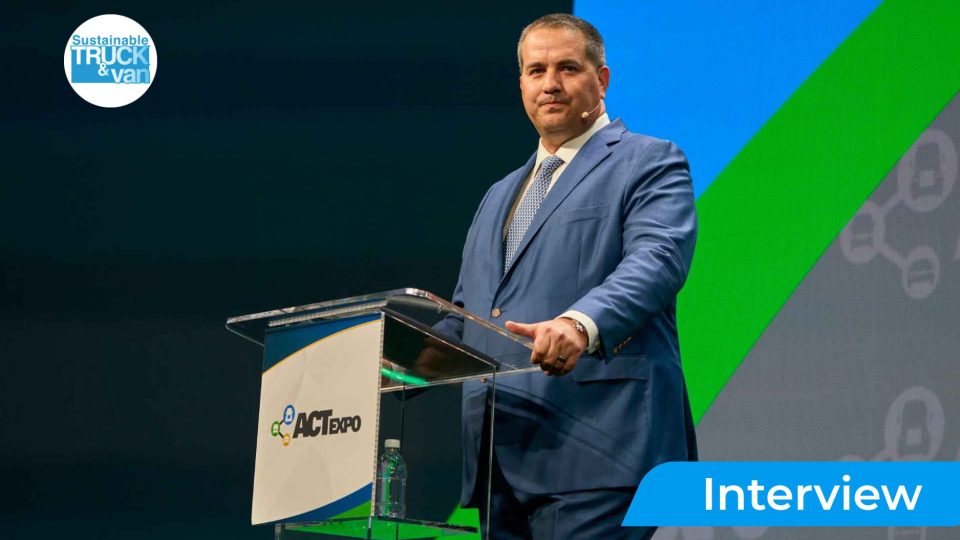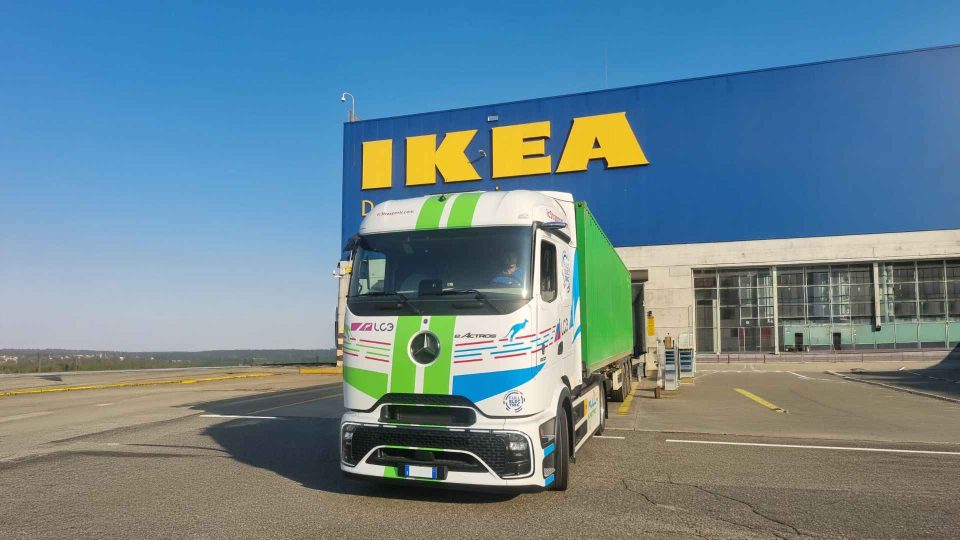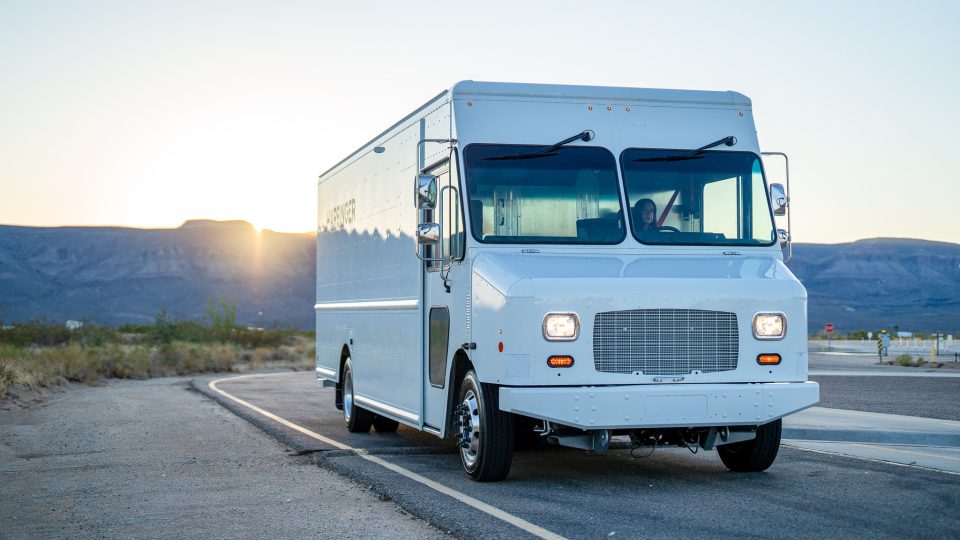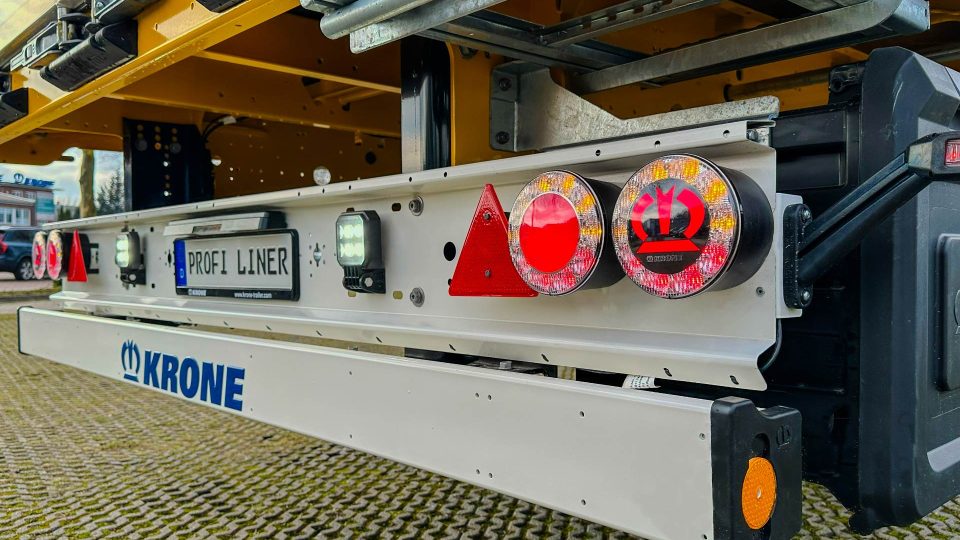U.S.-based e-truck manufacturer Xos joins CALSTART’s Drive to Zero program
By endorsing the Global MoU, Xos is aligning with the joint ambition for 30% of new MHDVs to be zero-emission by 2030, and 100% by 2040, so as to help facilitate net-zero carbon emissions by 2050.
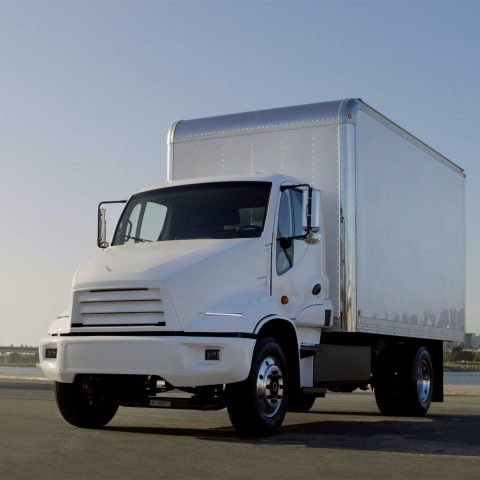
Californian e-truck and e-van manufacturer Xos Trucks has signed an endorsement of a Global Memorandum of Understanding (MoU) created by CALSTART, a national clean transportation non-profit consortium, advocating for the acceleration of zero-emission medium- and heavy-duty vehicles. The Global MoUis part of CALSTART’s Drive to Zero program which aims to make zero-emission technology commercially competitive by 2025 and dominant by 2040 in specific vehicle segments and regions.
Xos with CALSTART: a concrete target in view of 2030
By endorsing the Global MoU, Xos is aligning with the joint ambition for 30% of new MHDVs to be zero-emission by 2030, and 100% by 2040, so as to help facilitate net-zero carbon emissions by 2050. “We recognize the dire need to transition away from internal combustion engines to to all-electric vehicles, and we remain committed to doing our part in making this happen,” said Dakota Semler, Chief Executive Officer of Xos.
“As a global zero-emission commercial vehicle innovation leader, Xos enables top fleet customers like FedEx Ground to address their climate emissions, lower their fuel and vehicle maintenance costs, and to deliver both a cleaner product and healthier air to their customers,” said Cristiano Façanha, global director for CALSTART and lead of its Drive to Zero program and campaign. “We are honored to count Xos as a private sector leader that is helping to address the climate crisis, while also raising the bar for public sector global action and ambition.”



